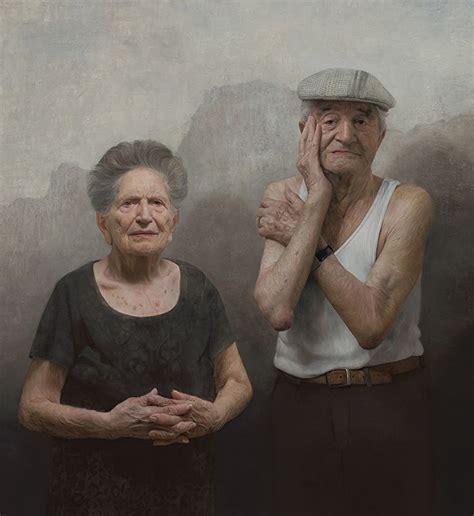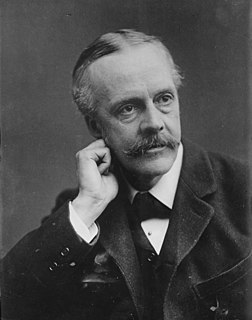A Quote by Pranab Mukherjee
Teaching was my transition from student life to working life. In those days, our system of education was a little different. The number of students in each class was huge. I think in political science general, which I taught, it was around 100.
Related Quotes
Our education system has succeeded so far in teaching generations to do different routine tasks. So when tractors displaced farming labor, we taught the next generation to work in factories. But what we've never really been good at is teaching a huge number of people to do non-routine creative work.
An old joke has an Oxford professor meeting an American former graduate student and asking him what he's working on these days. 'My thesis is on the survival of the class system in the United States.' 'Oh really, that's interesting: one didn't think there was a class system in the United States.' 'Nobody does. That's how it survives.
History without the history of science, to alter slightly an apothegm of Lord Bacon, resembles a statue of Polyphemus without his eye-that very feature being left out which most marks the spirit and life of the person. My own thesis is complementary: science taught ... without a sense of history is robbed of those very qualities that make it worth teaching to the student of the humanities and the social sciences.
Teaching is a huge part of what I do. I love to think about what I do out loud, and the best way to do this is to teach. I usually learn a lot from the students in my workshops, because we work to build the classes around a collaborative environment where everyone is working towards the same goal of learning how to observe and see the subject well, because everyone brings different approaches and experiences with them, the other students and myself learn new methods that we can add into what we do.
Science itself is badly in need of integration and unification. The tendency is more and more the other way ... Only the graduate student, poor beast of burden that he is, can be expected to know a little of each. As the number of physicists increases, each specialty becomes more self-sustaining and self-contained. Such Balkanization carries physics, and indeed, every science further away, from natural philosophy, which, intellectually, is the meaning and goal of science.
I think religion and science operate in different regimes. Religion is a belief system that tries to give meaning and comprehension to peoples' lives. Science is more about the mechanics of the universe around us and the way in which it works. And I don't think those things have to be mutually exclusive.
We are lucky in the United States to have our liberal arts system. In most countries, if you go to university, you have to decide for all English literature or no literature, all philosophy or no philosophy. But we have a system that is one part general education and one part specialization. If your parents say you've got to major in computer science, you can do that. But you can also take general education courses in the humanities, and usually you have to.
I think evolution should be taught as an accepted principle. I say that also as the daughter of a school teacher, a science teacher, who has instilled in me a respect for science. I think it should be taught in our schools. I won't ever deny that I see the hand of God in this beautiful creation that is earth. But - that is not a part of state policy or a local curriculum in a school district. Science should be taught in science class.
I think, however, that there isn't any solution to this problem of education other than to realize that the best teaching can be done only when there is a direct individual relationship between a student and a good teacher - a situation in which the student discusses the ideas, thinks about the things, and talks about the things. It's impossible to learn very much by simply sitting in a lecture, or even by simply doing problems that are assigned. But in our modern times we have so many students to teach that we have to try to find some substitute for the ideal.












































